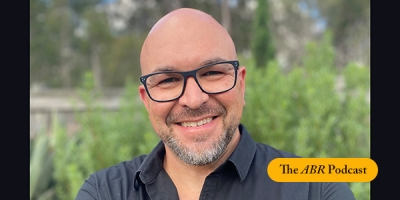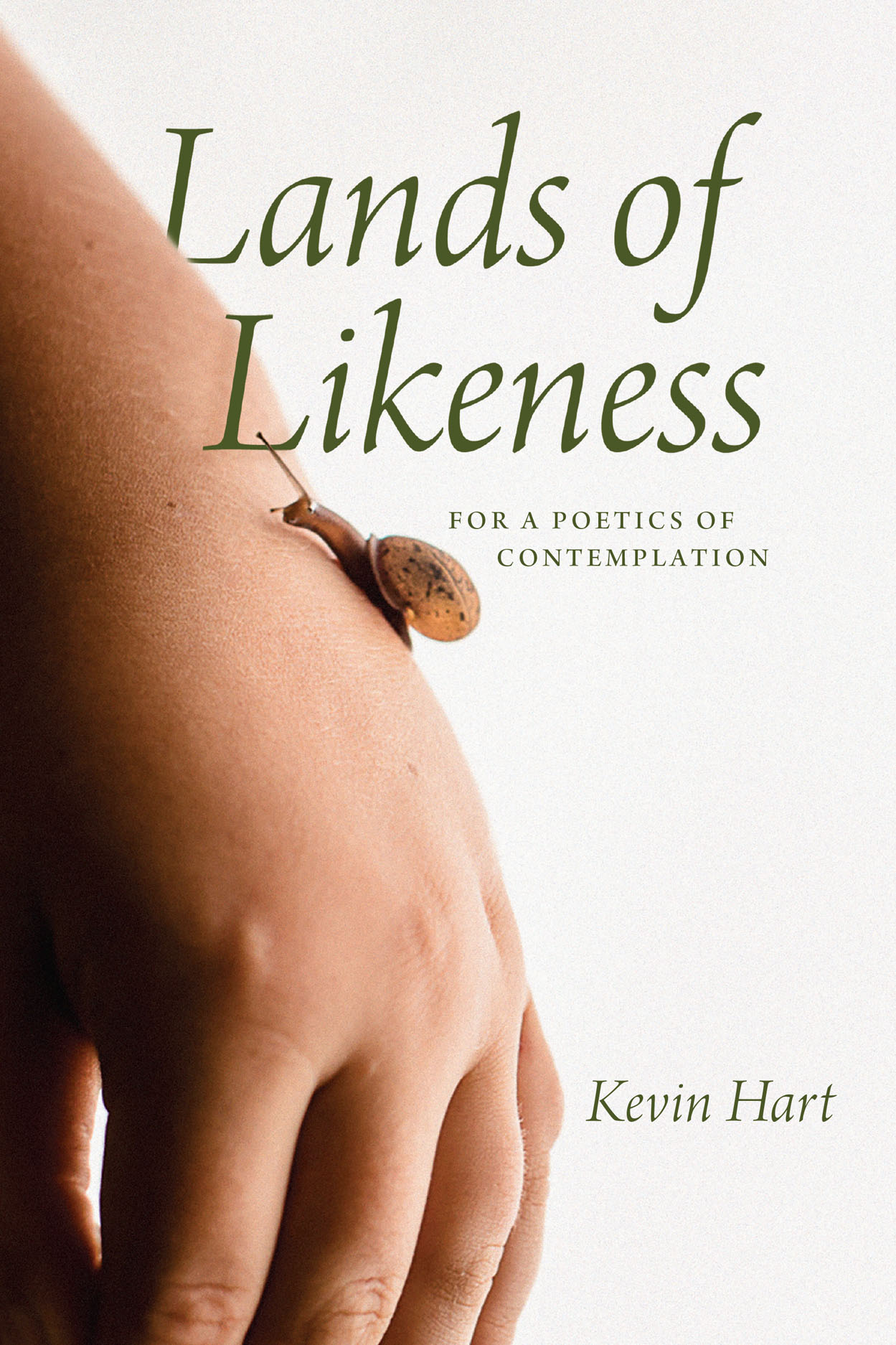Scott Stephens
Crimes of the Cross: The Anglican paedophile network of Newcastle, its protectors and the man who fought for justice by Anne Manne
by Scott Stephens •
This week on the ABR Podcast we consider a poetics of contemplation with Scott Stephens. In his review of Kevin Hart’s book on reading and thinking, Lands of Likeness, Stephens writes, ‘there is no desire to consume the object of contemplation; what there is, is a longing to understand’. Scott Stephens is the ABC’s Religion & Ethics online editor and the co-host, with Waleed Aly, of The Minefield on ABC Radio National. Listen to Scott Stephens’ ‘Nothing but kestrel: Kevin Hart’s invitation to read contemplatively’, published in the March issue of ABR.
... (read more)Lands of Likeness: For a poetics of contemplation by Kevin Hart
by Scott Stephens •



